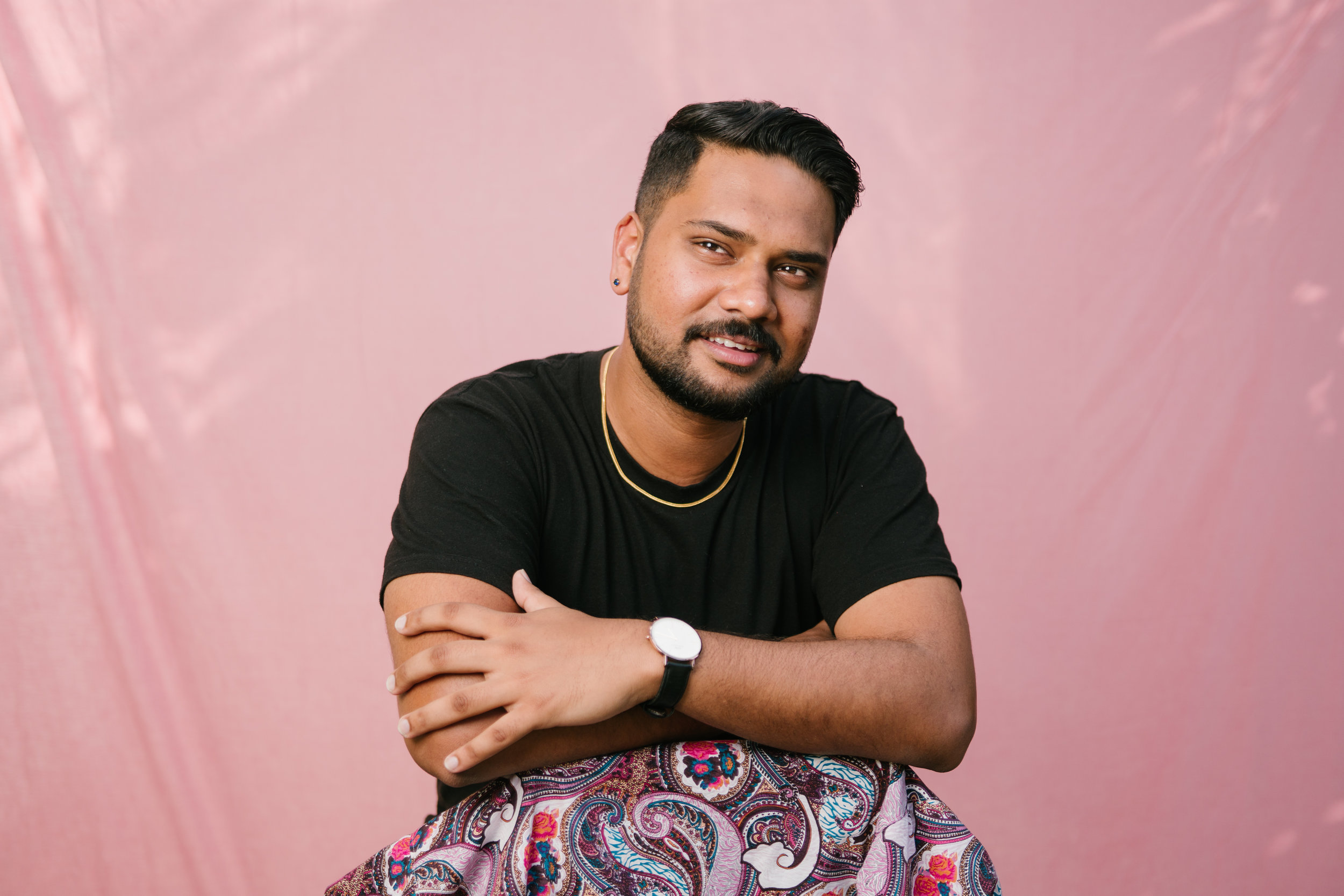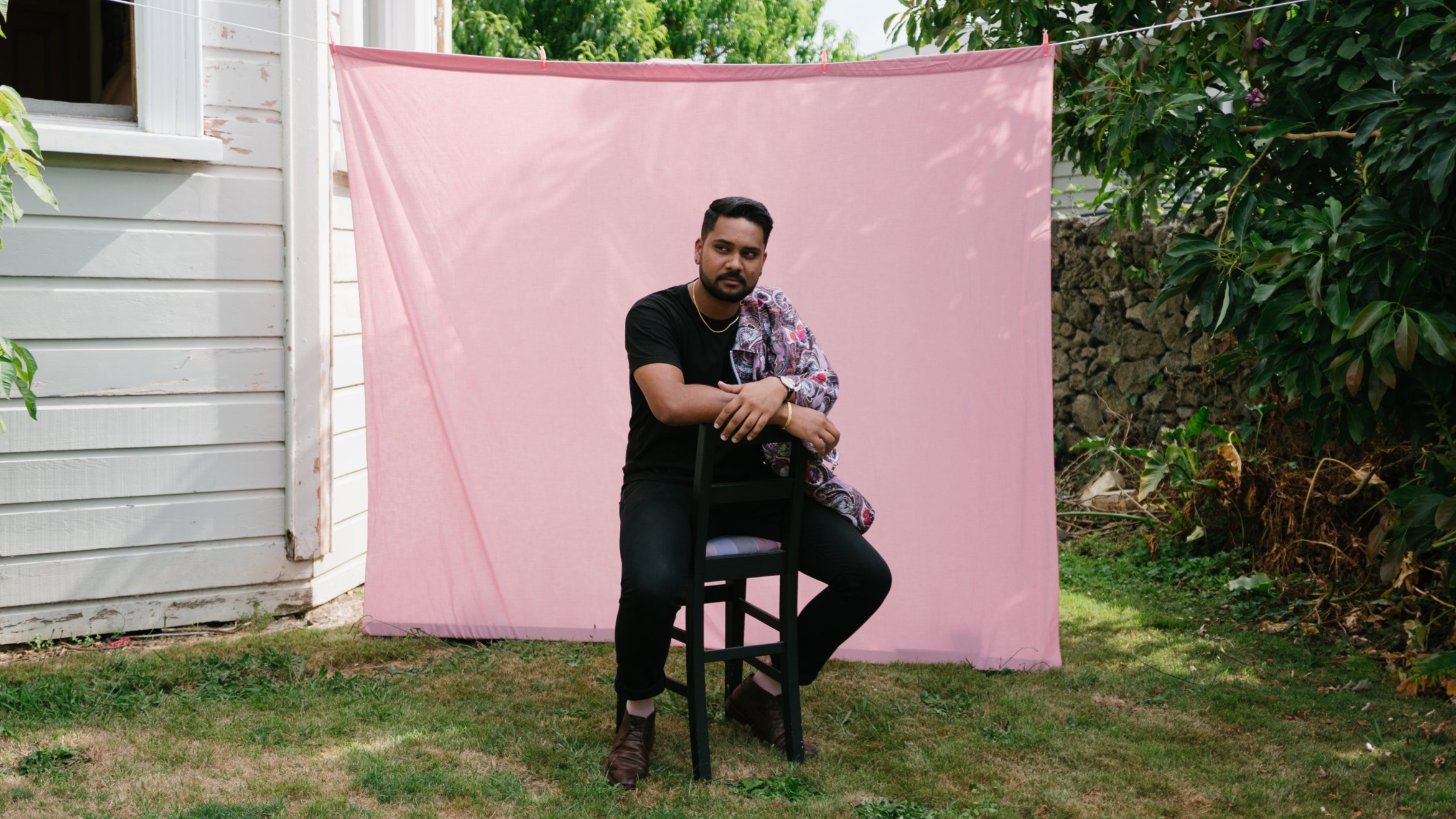Firecracker Outstanding newcomer award’ (Auckland Theatre Awards 2018) winner Marianne Infante makes her professional debut Pinay with signature Filipino flair. The first bilingual Filipino Kiwi play, Pinay amalgamates personal experiences of assimilation and migration with the geological occurrences of Philippines’ Mt Pinatubo volcanic eruption and the Christchurch earthquakes to collide the binaries of race, culture, relationships and religion to tell a story of the in-between.
Pinay follows Filipinas Mariella and Alex, a loving mother-daughter duo whose conflict comes to a head when Alex moves in with her Pakeha boyfriend Seth. Pinay is a moving, challenging and often hilarious play that explores the pains of navigating a difference of core values with our loved ones.
PINAY live development reading 2018. Photo: John Rata
With a unique performance style, Pinay integrates traditional Filipino elements of dance, karaoke and contemporary movement sequences to reflect the kaleidoscopic identity inherent in many New Zealanders today.
Directed by James Roque, written (and starring) Marianne Infante with an ensemble cast featuring Donna Dacuno, Richard Perillo, Lucas Haugh, Marwin Maui Silerio and Matiu Hamuera.
13 AUG - 24 AUG
8:00PM
Basement Theatre
Book tickets HERE














